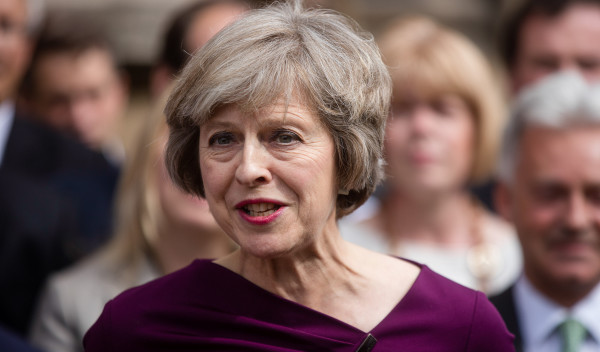

The Brexit withdrawal agreement and accompanying political declaration are deeply defective, offering a weak alternative to exiting the European Union (EU) on World Trade Organization (WTO) terms or insisting on a renegotiated agreement with key changes.
The agreement establishes a transition period which will last until at least the end of 2020, the purpose of which is not clear.
The EU has a veto over the UK’s termination of the transition, implying that it will be extended indefinitely or at least for several more years.
During this purgatory the UK will be treated as if it were still an EU member state, bound by the jurisdiction of the European Court of Justice (ECJ) and the EU’s anti-competitive rulebook with no say in creating the laws by which it is governed.
Deceptively, the agreement states that the UK can negotiate, sign and ratify international agreements in the areas of the EU’s exclusive competence (including trade) during the transition, provided that those agreements do not enter into force until after.
But no country will be interested in negotiating trade agreements with a partner which has no authority over its own international trade laws or its economy.
Perhaps worst of all, the legally unenforceable political declaration speaks of a vague “best endeavours” negotiation towards a future customs partnership, very much like the customs union from which the UK has sought to escape.
Taken together, the one-two punch of the withdrawal agreement and political declaration are an affront to the result of the Brexit referendum and the Conservative Party’s manifesto.
They frustrate the UK’s ability to strike new trade deals with third countries to capture the economic growth opportunities in the rest of the world, arguably the single greatest benefit of Brexit. In light of this debacle, it seems that the UK now has three choices.
First, it could accept that the EU will not compromise its position and vote down the deal, leading to trade with the EU on WTO terms as of March 29 of next year, which would not be the end of the world.
Under WTO terms, EU tariffs on most goods are low, with cars and agricultural products as notable exceptions. WTO rules, along with the globally ratified Kyoto Customs Convention, prevent the imposition of excessive or arbitrary non-tariff barriers on traded goods.
Coverage of services is less complete, but UK businesses will adapt over time.
The costs of adjusting to the environment immediately after Brexit could be offset by tax reductions paid for by some of the £39bn which is to be handed over to the EU.
In the time remaining before Brexit, the government could further minimise any disruptions to EU trade by enhancing the infrastructure at Dover and in other ports. The UK would quickly recover from any downturn and gain in the long term.
Alternatively, the Prime Minister could try her luck and attempt to secure some concessions from the resolute EU.
Chief among these would be a clear end date to the transition, or at least the ability to exit the transition of its own accord.
With these conditions in place at a bare minimum, it is conceivable that other countries would consider discussing a future trade treaty with the UK during the transition, making the limbo period tolerable.
Finally, and more ambitiously, with both the UK and EU preferring to avoid a 'no deal' Brexit, the UK could make a renewed push for a conventional Free Trade Agreement (FTA), along the lines of that which the EU offered recently to Canada and Japan.
It is difficult to imagine that such an arrangement could be secured by March, and it may mean that a short transition period is required anyway.
Any of these options – trading on WTO terms, transition with a clear end date, or ideally a Canada plus FTA – would be better than what we now have on offer, surely the worst of all bad deals.
David Collins is professor of international economic law at City, University of London




